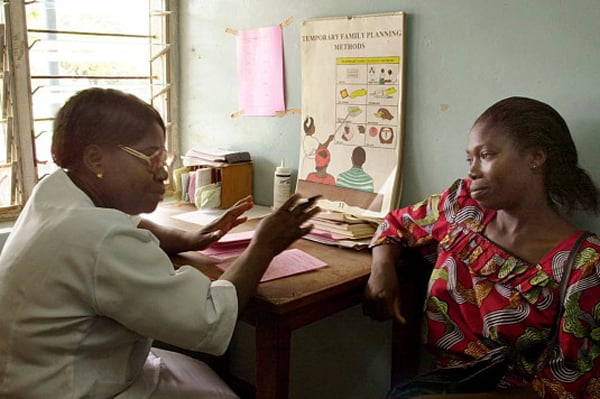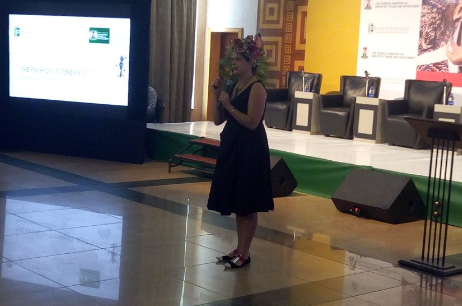Family planning is not only a human right but also a development imperative, especially in Africa, which has large numbers of young people.
UNFPA said said this in a statement released on its site.
“Family planning can play a central role in helping to harness a so-called “demographic dividend,” the statement read.
“A demographic dividend is a massive economic boom that can take place when there is a decline in fertility rates, yielding fewer dependents relative to income-generators. Voluntary family planning programmes, information and services are essential to this process.
Advertisement
“Investments are also needed to create a better access to education and decent employment, and to help ensure gender equality.”
According to Babatunde Osotimehin, executive director of UNFPA, a working family planning programme is necessary for development.
“If you don’t have a working family planning programme, it is unthinkable to reap the demographic dividend,” Osotimehin had said during a high-level event organised at the margins of the 2017 summit of the African Union in Addis Ababa, Ethiopia.
Advertisement
The event, which focused on the importance of ensuring access to voluntary family planning, was jointly organised by UNFPA, the United Kingdom’s Department for International Development (DFID) and the federal ministry of health of Ethiopia.
There has since been significant progress in providing access to voluntary family planning throughout Africa since 2012.
That year, governments and partners committed to reaching 120 million more girls and women with modern contraceptives by 2020, a promise known as FP2020.
The UNFPA says while there have been significant improvement in access to family planning in Africa, the continent still has the highest rate of adolescent pregnancy in the world, with some five million girls lacking access to modern contraceptives.
Advertisement
Complications of pregnancy and childbirth also remain a key cause of death for girls aged 15-19 years in Africa who face barriers to family planning because of privacy concerns.
Add a comment






